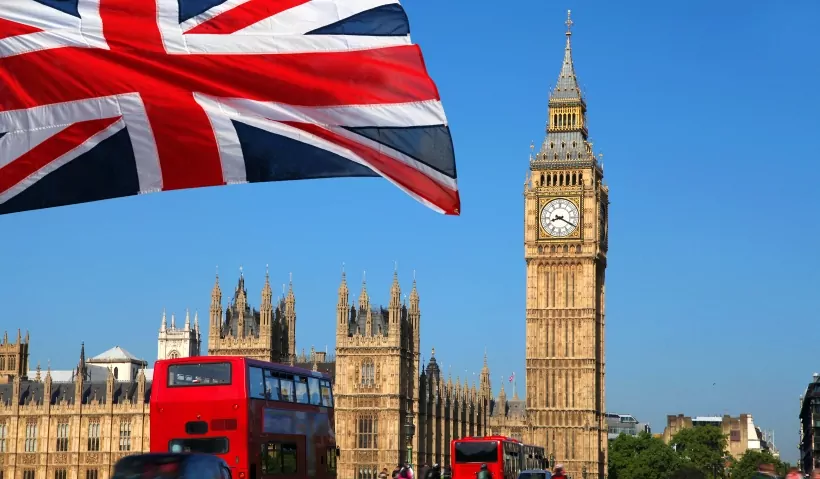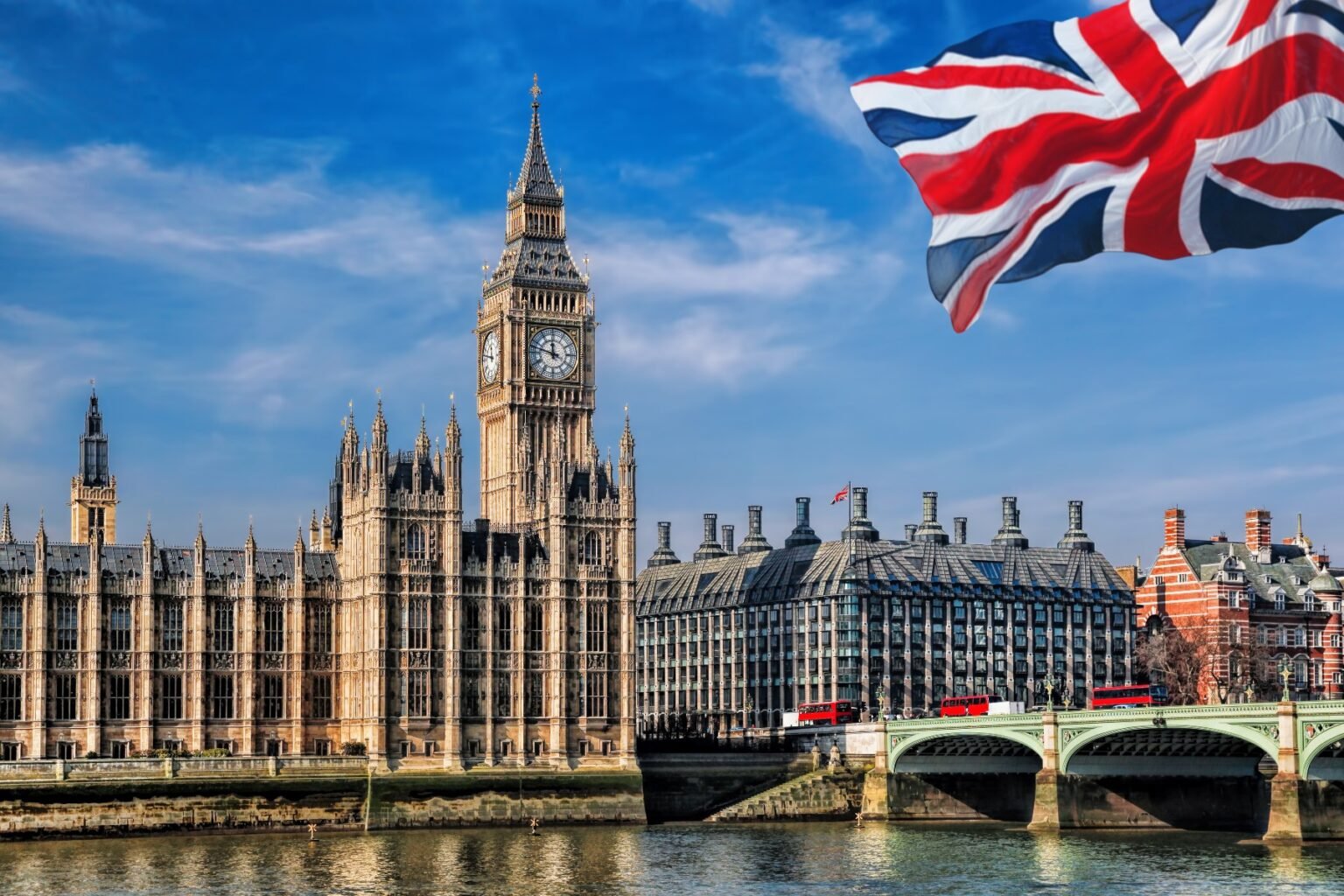Dominica, Honduras, Namibia, Timor-Leste and Vanuatu have all been hit by the changes.
ISLAMABAD: Home Secretary Suella Braverman announced that the UK is imposing visa requirements for visitors from five nations due to the “abuse” of the migration system.
Home Secretary Suella Braverman announces the imposition of visa requirements for visitors from five nations in the UK. This decision comes as a response to the “abuse” of the migration system. He assured that it does not indicate poor relations with Dominica, Honduras, Namibia, Timor-Leste, and Vanuatu.

In a written statement, she mentioned that individuals posing risks to the UK have abused Dominica and Vanuatu’s citizenship by investment schemes, leading to the granting of citizenship.
Braverman further explained that there has been a significant increase in nationals from Namibia and Honduras. They are misusing their right to visit the UK without a visa to claim asylum.
Namibia is a Commonwealth member of 56 mainly former British colonies. Timor-Leste have seen increased arrivals of non-genuine visitors. Suella claimed they these visitors often had the intentions to fraudulently claim EU Settlement Scheme status. or work illegally in the UK.
The UK government will allow a four-week transition period for those with confirmed bookings to travel without visas. This period will be before the new requirements take effect
This move comes as the government addresses the small boats crisis. Further it takes steps to tackle migrants attempting to claim asylum by crossing the Channel. The Illegal Migration Bill has passed its controversial plans after defeating challenges by Tory moderates.
As of now, the provisional number of migrant crossings for 2023 is 13,774. This still represents a lower number compared to the more than 15,000 arrivals recorded last year. In 2022, a total of 45,755 people made the journey.
The reforms aim to prevent people from claiming asylum in the UK if they arrive through unauthorized means. The government also hopes these changes will lead to prompt removal of detained individuals, either to their home country or a third country like Rwanda, which is currently facing a legal challenge.


